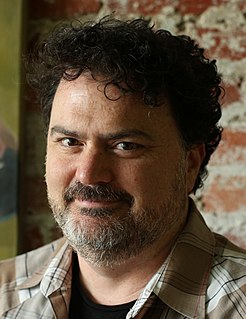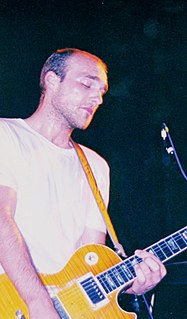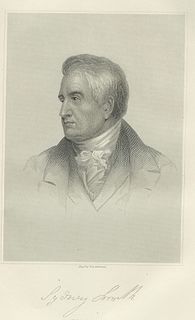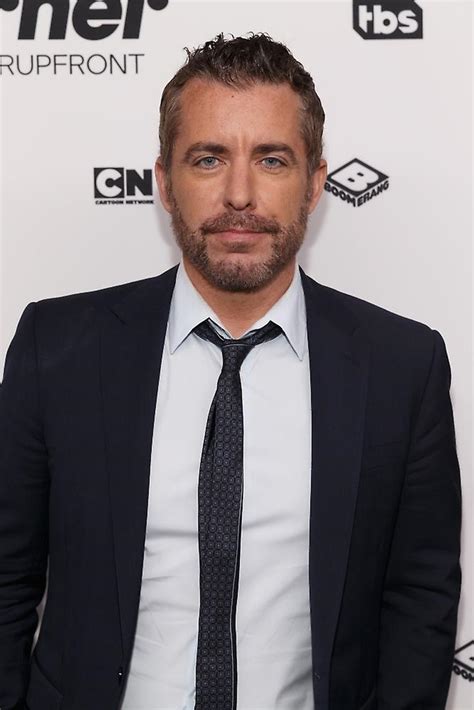A Quote by Justin Cronin
It was what you did, Wolgast understood; you started to tell a story about who you were, and soon enough the lies were all you had and you became that person.
Related Quotes
When we started out, we were among the first. Beijing had no and Shanghai had very few large buildings. At that time, it was all about building, building, building - and then selling, selling, selling. We were working like a manufacturer. Soon, however, we realized that land was running out in Beijing and Shanghai. So we started keeping our buildings, and managing and renting them out. We became landowners. That was the second act.
I was talking to so many teenagers for so long that I started to feel like, 'I have my own story I want to tell, and I need to do it soon.' So I started to store away pieces that eventually became 'Speech & Debate.' I felt this burning need to write it while I still had not only all of the ideas but the passion to do it.
I felt that we started to go through the motions. Our hearts weren't there. Because we were always working on the band, and it became more about selling records than about writing and being passionate. That's why I ultimately lost interest. I don't want to speak for everybody, but I personally started to lose interest because we were doing it for the wrong reasons. It became monotony and it just wasn't fun anymore. Yeah, an obligation.
Many Chinese criticize me not only on Baidu but on Facebook. Some say, do you think Chinese authorities were stupid enough not to realize you were a North Korean defector? If they read my book, they'd understand. I did my best to escape. I think it's all a miracle. It's not because Chinese policemen were stupid enough to believe my fake story.
The main question to a novel is -- did it amuse? were you surprised at dinner coming so soon? did you mistake eleven for ten? were you too late to dress? and did you sit up beyond the usual hour? If a novel produces these effects, it is good; if it does not -- story, language, love, scandal itself cannot save it. It is only meant to please; and it must do that or it does nothing.
Every field piece I did on 'The Daily Show' was a story that lasted five to six minutes. We had a protagonist, we had an antagonist and often put them at odds. We knew the story we wanted to tell before we went in, and often it was about plugging whatever character you have - in this case, a real person - into said part.



































